Nevertheless, she persisted: Dora and the Lost City of Gold
Dora is the superhero we didn't know we needed.
Incluvie Foundation Gala - Learn More
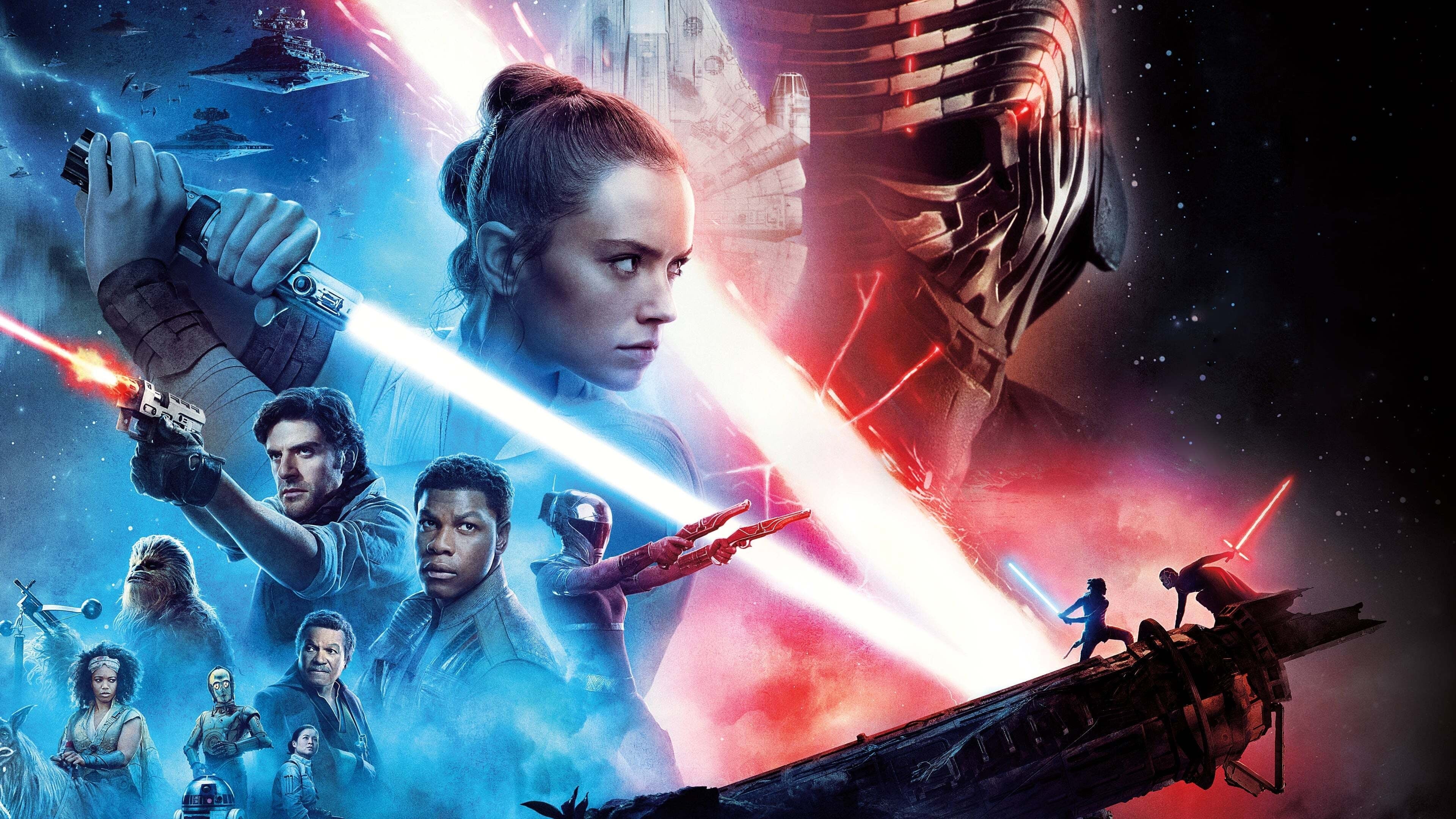

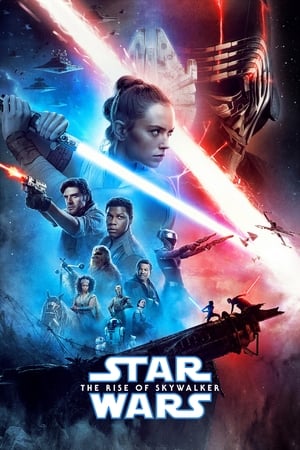


I’ll be honest in saying I’ve been critical of Disney and Pixar and their inclusion of LGBTQ characters in their films but for good reason. Disney’s LGBTQ+ representation has been tepid at best, with characters showing their sexuality in brief, easy-brownie-points-style, while also cutting content for countries that are homophobic and/or transphobic. Onward, Star Wars: The Rise of Skywalker, and the Beauty and the Beast remake come to mind in this aspect. They often get a free pass from most people who mistake tokenism for positive representation. To see a glimpse of yourself being represented on the big screen, by the largest entertainment juggernaut on the planet, only to have it just be a line of dialog or a background kiss so brief that if you blink, you’ll miss it, is disheartening. Thankfully, Disney and Pixar may have finally turned the corner with Pixar’s new Disney+ Sparkshorts short film: OUT.
OUT tells a brief and adorable story about a man prepping to move to the big city with his boyfriend. The only problem is that he hasn’t come out to his parents yet. Greg (Kyle McDaniel) struggles with whether or not he’s ready to break the news to his family, stressing about them eventually coming over once he and his boyfriend, Manuel (Caleb Cabrera), move from the suburbs to the city. Manuel and Greg joke around about eventually coming out, with Manuel saying the sooner he does, the better. Suddenly, Greg’s parents make a surprise visit. Horrified, Greg shoves Manuel outside in fear of what his parents would think. Greg makes an effort to try and hide his partner, hiding a photo of them together.
While feeling like a standard “coming out” story at first, the narrative takes a quirky direction with a rainbow cat/dog duo who enchant the dog collar of Greg’s beloved pet. In a brief moment of solace, Greg reflects on the challenges he eventually has to confront, while holding the dog collar and photo in his hands, but as Greg holds the collar closer to his neck, it snaps onto him. Greg’s mind is switched with his dog’s ala Freaky Friday. Greg must now attempt to hide the photo from his parents, now as a dog while watching his human body embarrassingly flounder around the place.
While the whole fantastical element of OUT makes no sense, and we never get any answers on what or who these weird, rainbow alien animals are, the story makes a beautiful effort to tell a heartwarming story about love and acceptance in a familial unit. Both Greg and Manuel know that the secret can’t be hidden forever, although Greg makes a concerted effort to keep it that way for as long as he can, and Manuel asserts everything will be okay in the end. What Greg doesn’t know, is that his parents already understand Greg’s sexuality, even without his family saying anything to him. In a beautiful moment in the film, after a rambunctious set of moments where dog-Greg attempts to hide the photo and try to get to his human body, Greg’s mom becomes frustrated and sits outside to reflect on the lack of communication she’s had with her son, as well as the larger distant move he’s making from his family. Although Greg’s mom thinks she’s speaking to his dog, and not her son, she states the most beautiful quote in the whole film:
Originally published April 5, 2020
With the recent release of Star Wars: The Rise of Skywalker on Blu-Ray, I think it’s only fair to reflect on the most recent entries into the main Star Wars canon. With many highs and many lows, the Star Wars sequel trilogy will go down as one of the most strangely handled multi-billion-dollar media products in recent history.
Initially, the plan was for three different directors to helm each of the movies in the trilogy: J.J. Abrams for The Force Awakens, Rian Johnson for The Last Jedi, and Colin Trevorrow for The Rise of Skywalker. However, a few factors seemed to have thrown some fairly big wrenches into this scheme. One was Johnson’s extremely divisive handling of The Last Jedi that alienated many fans; a reaction that Disney probably didn’t fully expect, and simply wasn’t prepared for. Another big wrench was Trevorrow as a director. His 2017 film, The Book of Henry, was panned by critics and bombed at the box office. I can only imagine Disney didn’t feel as secure having him conclude one of their biggest franchises after this, and especially after the fan fiasco The Last Jedi had created. This led to them bringing back J.J. Abrams to conclude the trilogy, a director who’s more known for beginning things than finishing them (looking at you, Lost). Disney needed to nail The Rise of Skywalker while also bringing back all the fans The Last Jedi had left in the dust, and in doing so, made one hell of a mess of a movie.
A problem that was immediately apparent upon watching The Rise of Skywalker was that the pace was at such a breakneck speed, there was barely anytime for anything. Whether it be development of story or characters, or the constant MacGuffin hunts the characters go on, something would happen, and then we were suddenly at the next scene with little to no reflection on or any kind of logic explaining what had happened. The film continued like this for nearly the entire two-and-a-half-hour runtime. As an audience member, The Rise of Skywalker seemed to just happen to me rather than having me experience it.
Spoilers for The Mandalorian Season 1 & 2 and The Skywalker Saga Films (Episodes I- IX) ahead.
Since the beginning, Star Wars has been known for churning out peak machismo characters that incite vengeful fanboys to hurriedly defend them and disparage the slightest sign of anyone different — AKA Rey or Rose. Kylo and Anakin are spoiled, alt-right children with anger issues and god complexes, Han is a cocky misogynist, and Emperor Palpatine is a manipulative, power-hungry politician who just won’t die so others can gain power (very similar to U.S. politics today). These characters’ growth (excluding Palpatine, who just gets more bitter) are too brief in screen-time and fans who defend said characters seldom take that change into account. Instead, they romanticize the toxicity the characters possessed for most of the films.
However, Lucasfilms has been ushering in a new era of Star Wars content that has not disappointed (unlike The Rise of Skywalker) and, with it, has come new feats in diverse representation for the franchise and the entertainment industry in general. From casting primarily “older” (which in Hollywood means over 30) women as central characters to a person of color (the incomparable Pedro Pascal) leading the show, fans are getting to see how truly diverse the Star Wars universe is and can continue to be. Specifically though, what has caught my attention is how different our male protagonist is from previous ones. The Mandolorian has a more nuanced and commentative take on masculinity that refrains from praising the toxic traits associated with the social category, while also showing a more positive and transformative representation of masculine characters.
The Mandalorian, aka Din Djarin, takes on some typically masculine characteristics that aren’t necessarily toxic but definitely limiting in defining manhood — distant, cold, morally ambiguous, stubborn, and rather indifferent to the people he may hurt through his actions. He’s a bounty hunter and a complete loner after his society was eradicated by genocide, so those overly protective and isolating traits do fit his storyline in his effort to live his life undisturbed. However, once Mando meets The Child (“Baby Yoda”, as the internet has dubbed him), he begins to reconsider the apathetic lifestyle he’s been living and is thrust into the world of parental responsibility and attachment. When tasked to retrieve The Child for money in the first episode, The Mandalorian is confronted with the choice between good or evil. He starts to question his morality when forced to decide whether to give up a Jedi child (which are the ancient enemies of Mandalorians) to be exploited and most likely killed. Instead, the anti-hero reconsiders this notion and decides instead to protect The Child at all costs from someone who wants to turn him into a superweapon — even when it means putting his own life on the line. Over the 8 episode arch of the first season, Mando forms a paternal bond with the charismatic little alien. He becomes much more sensitive, caring, and self-sacrificing in trying to keep his newfound son safe, but also manages to be a complex character who still retains his masculinity and goes on seedy adventures.

The surviving Resistance faces the First Order once again as the journey of Rey, Finn and Poe Dameron continues. With the power and knowledge of generations behind them, the final battle begins.

J.J. Abrams
Director

J.J. Abrams
Director
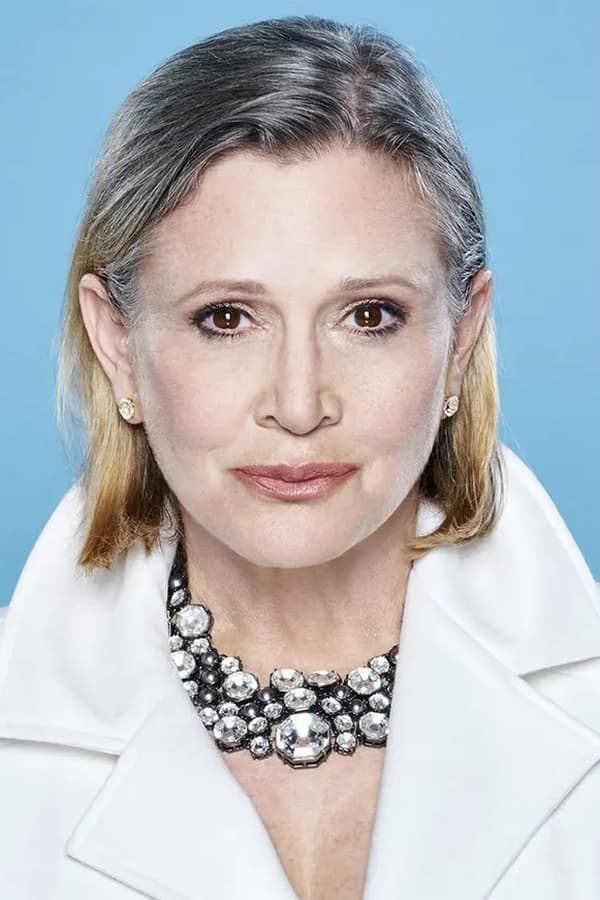
Carrie Fisher
General Leia Organa
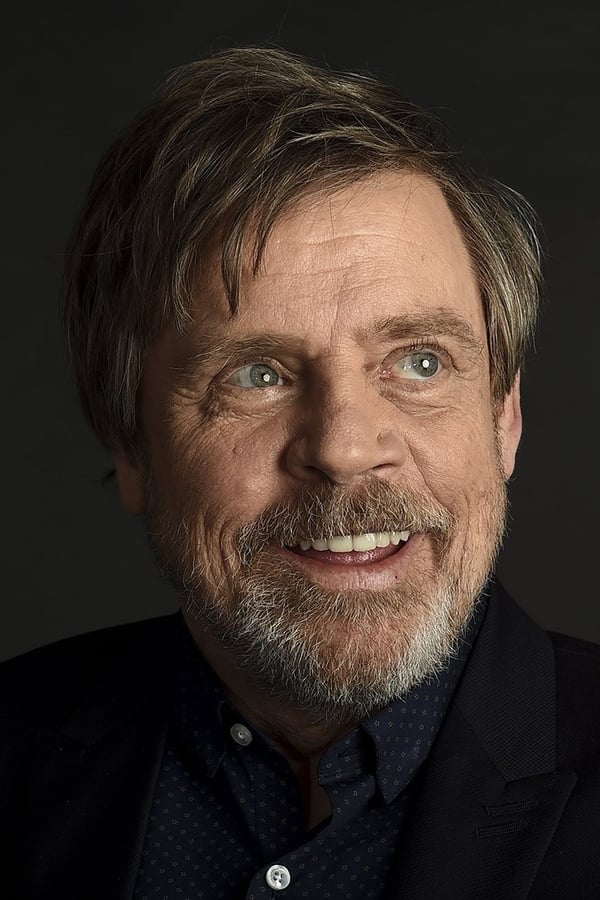
Mark Hamill
Luke Skywalker

Daisy Ridley
Rey
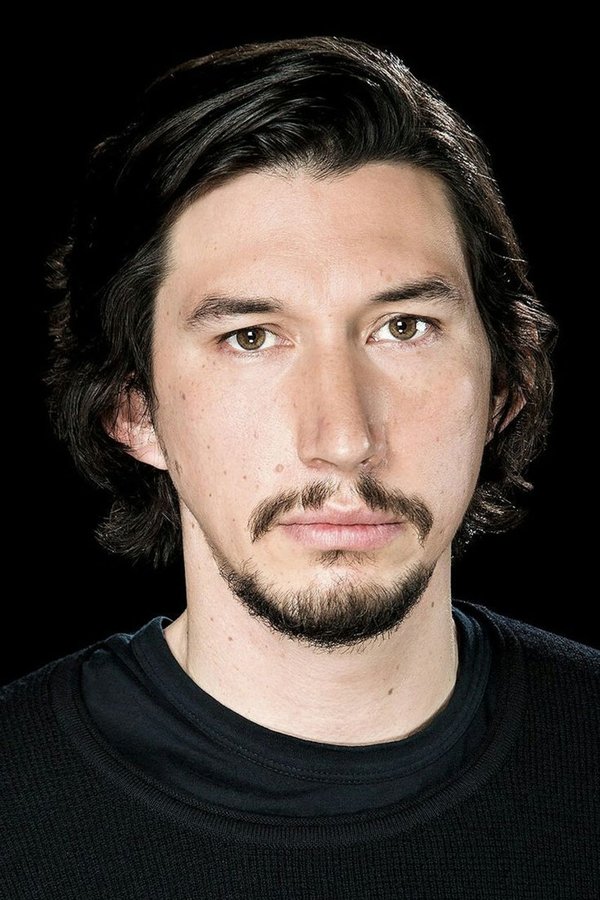
Adam Driver
Kylo Ren / Ben Solo
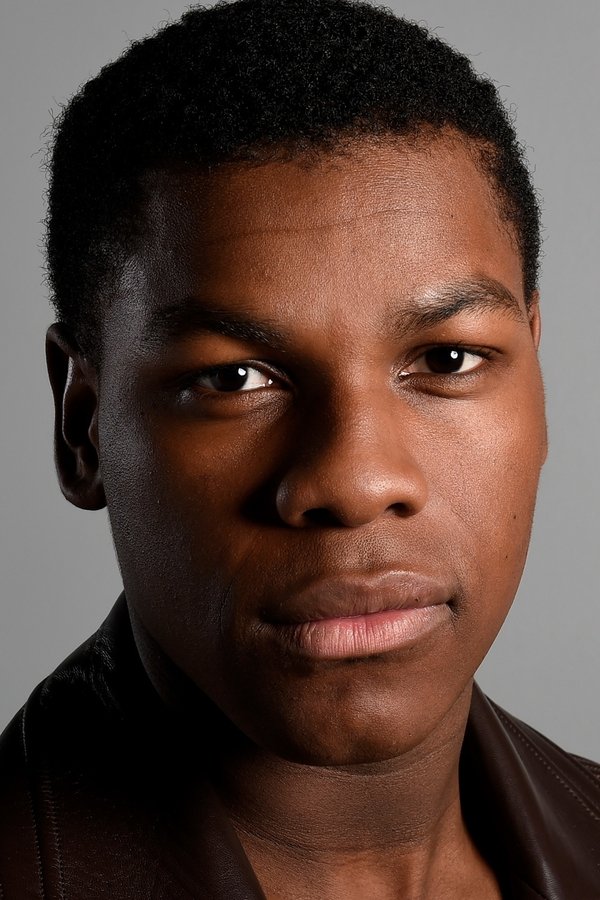
John Boyega
Finn
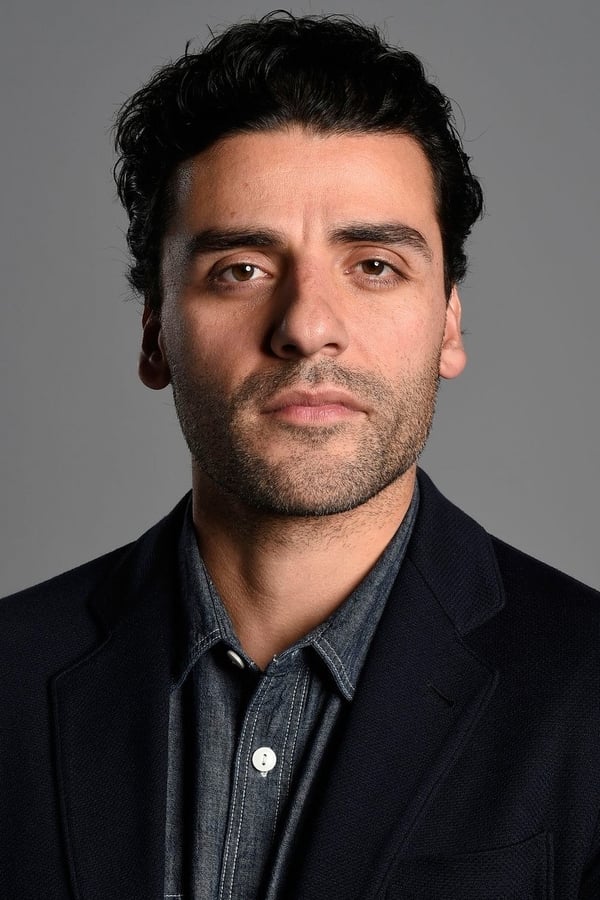
Oscar Isaac
Poe Dameron
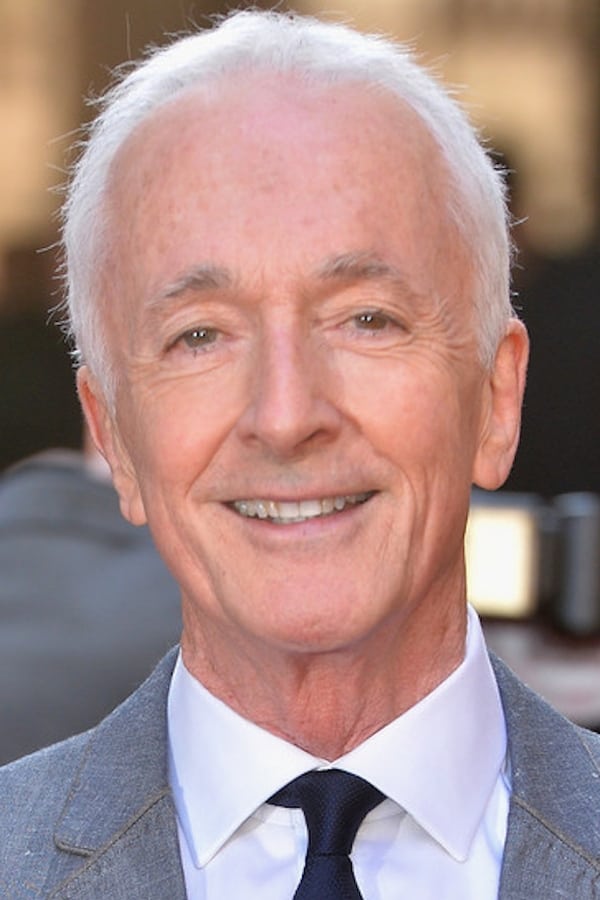
Anthony Daniels
C-3PO

Naomi Ackie
Jannah
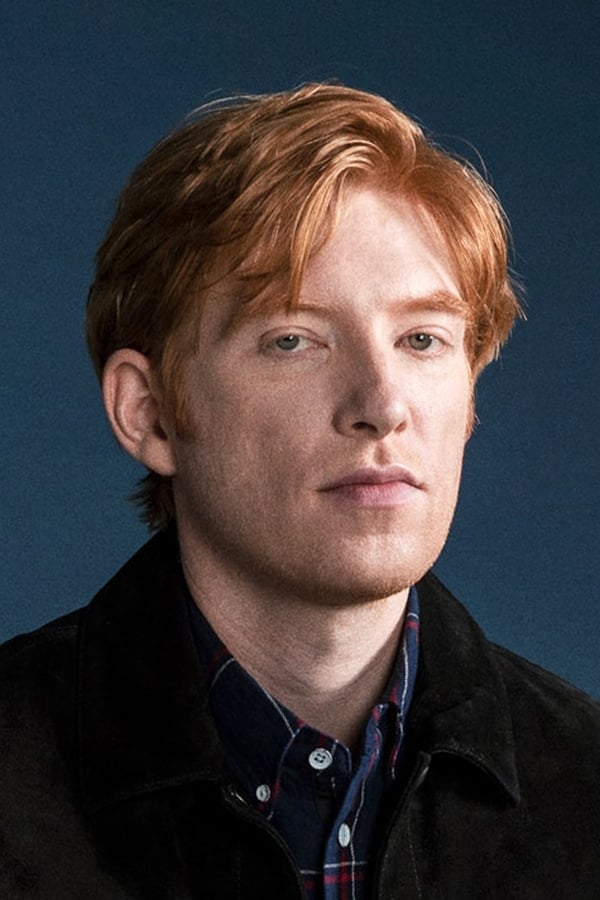
Domhnall Gleeson
General Hux
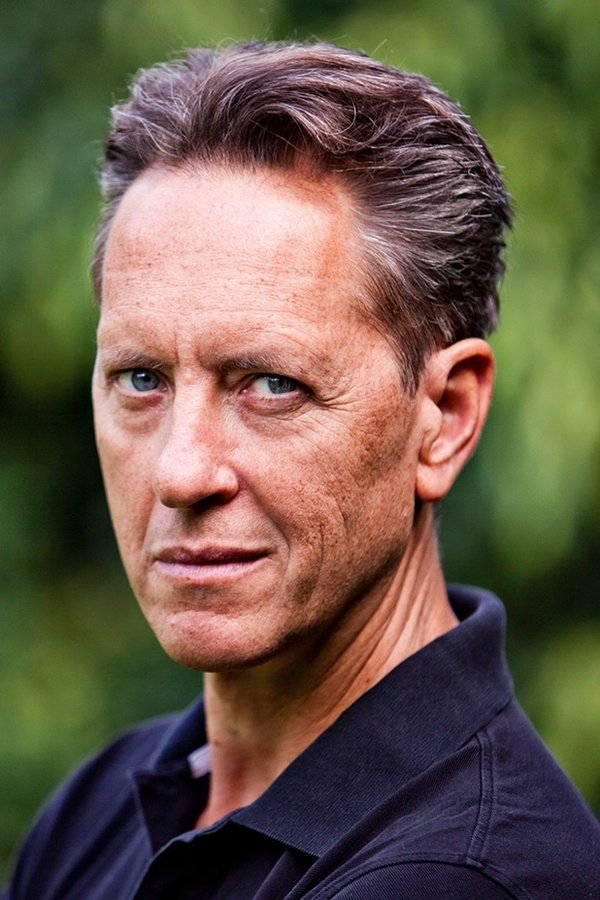
Richard E. Grant
Allegiant General Pryde
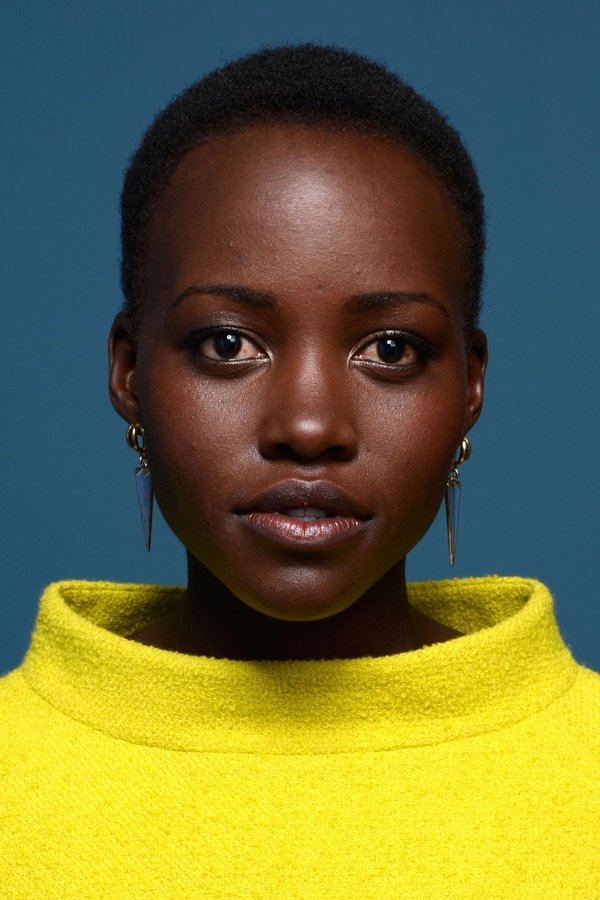
Lupita Nyong'o
Maz Kanata
Dora is the superhero we didn't know we needed.
A review of the Ryan Polomski documentary featuring the story of Basketball star Raymond Lewis.
The sequel to the 2021 remake of the same name continues from where we last left off in this spooky adventure.



